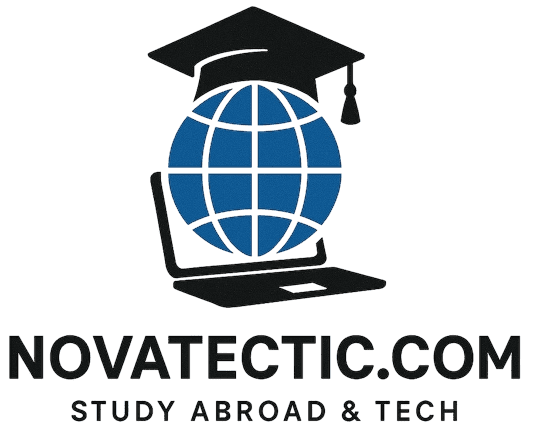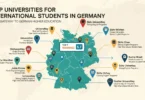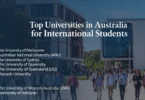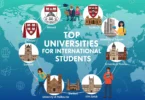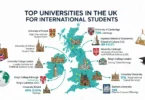Top Programs for Engineering Students Abroad
Introduction
Engineering is one of the most popular fields for international students, offering high-demand skills and global career opportunities. With so many programs worldwide, selecting the right engineering university can be overwhelming. With over 14 years of consultancy experience, I’ve guided students to programs that balance academic rigor, research opportunities, and practical exposure.
This guide covers top engineering programs abroad, specializations, admission criteria, scholarships, and career prospects.
1. Why Study Engineering Abroad?
Studying engineering internationally provides:
- Exposure to advanced technologies and lab facilities.
- Opportunities to work on innovative projects with global experts.
- Internships and industry collaboration enhancing practical experience.
- Networking with international peers, leading to global career prospects.
Consultant Insight: Engineering programs abroad combine academic excellence with hands-on learning, preparing students for a successful career.

Top Destinations for Engineering Students
2. Top Destinations for Engineering Students
- USA: MIT, Stanford, Caltech for cutting-edge research and innovation.
- Germany: TU Munich, RWTH Aachen for mechanical and electrical engineering.
- Canada: University of Toronto, McGill University for research-intensive programs.
- Netherlands: TU Delft for aerospace and civil engineering.
- Australia: University of Melbourne and UNSW for renewable energy and IT engineering.
Pro Tip: Match your destination with your engineering specialization and career goals.
3. Popular Engineering Specializations Abroad
- Mechanical & Automotive Engineering
- Electrical & Electronics Engineering
- Civil & Structural Engineering
- Computer & Software Engineering
- Chemical & Environmental Engineering
- Aerospace & Robotics
Consultant Advice: Research program-specific labs, projects, and faculty to ensure your specialization aligns with industry standards.

Admission Requirements
4. Admission Requirements
- Academic Records: GPA, high school or bachelor’s transcripts.
- Standardized Tests: GRE for master’s programs, SAT/ACT for undergraduate.
- Language Proficiency: IELTS/TOEFL scores for English programs.
- Statement of Purpose & Letters of Recommendation: Highlight academic achievements and practical projects.
Pro Tip: Focus on programs that emphasize project-based learning and industry exposure.
5. Scholarships and Financial Aid
- University Scholarships: Merit-based awards for top-performing students.
- Government Programs: DAAD (Germany), Fulbright (USA), Erasmus+ (EU).
- External Funding: Foundations and international engineering societies.
Consultant Insight: Early planning for scholarships increases chances of financial support for tuition and living costs.

Career Prospects After Graduation
6. Career Prospects After Graduation
- Engineering graduates from top universities are highly employable globally.
- Opportunities include R&D, consulting, tech startups, and multinational corporations.
- Optional Practical Training (OPT) in the USA or post-study work visas in Europe allow international students to gain hands-on experience.
Pro Tip: Choose programs with strong industry links for internships and job placements.
Conclusion
Studying engineering abroad combines academic rigor with practical experience, international exposure, and career opportunities. By researching top programs, destinations, specialization, scholarships, and career prospects, students can make informed decisions that shape a successful engineering career
